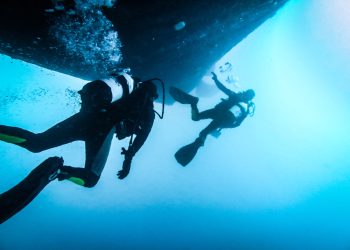Seafarers on the frontline of the piracy problem

In recent years, thousands of seafarers have been killed, injured, assaulted, taken hostage or threatened as piracy and armed robbery have increased dramatically
Attacks which previously were limited to Nigerian and Somali coastal waters, have now expanded eastwards, across the Indian Ocean.
With each day that passes the problem of piracy is escalating. Attacks off Somalia, the Red Sea, the Gulf of Aden, the Arabian Sea and the Indian Ocean, are becoming more frequent, more widespread and more violent. The stakes are getting higher too, with spiralling ransoms, such as $9.5m for the Samho Dream.
The ITF and the maritime industry are putting increasing pressure on governments to urgently address the issue of piracy, before its repercussions are felt beyond the maritime community by everyone around the globe.
Seafarers are on the frontline of the piracy problem. All seafarers transiting the Gulf of Aden and Northern Indian Ocean, have to live with the risk of attack. When ships are attacked by pirates, crews suffer the stress of being fired upon with guns and rocket propelled grenades and those captured can be held hostage for months. Following a piracy attack those involved can be seriously affected by post traumatic stress. Indications are that pirates’ treatment of the crew is worsening, with some seafarers having been held in solitary confinement and subjected to other cruelty.
For the shipping industry, costs are soaring. Operators now face rising insurance premiums for a high risk area that now covers most of the Indian Ocean and one of the busiest shipping lanes in the world. Other costs include installing preventative measures and protection on board, employing private security personnel, as well as ransom payments.
Then there is the wider economic impact of piracy. Ship owners are finding it increasingly hard to justify putting seafarers at risk. They are also struggling to find crews that are willing to transit the area. As the situation worsens a blockade of the area becomes more likely. A ban would mean all ships having to sail around the Horn of Africa. This would add several days to most voyages, would push up transport costs, would see oil prices skyrocket and would have a huge impact on the already fragile world economy. If the attacks move further into the Gulf, oil supplies worldwide may be severely affected.
There is a real risk of an environmental catastrophe. The rocket-propelled grenades used by many pirates are capable of doing enough damage to the hull of a tanker to cause serious marine pollution or a fatal explosion with consequences similar to those last year in the Gulf of Mexico.
Source: ITF





























































